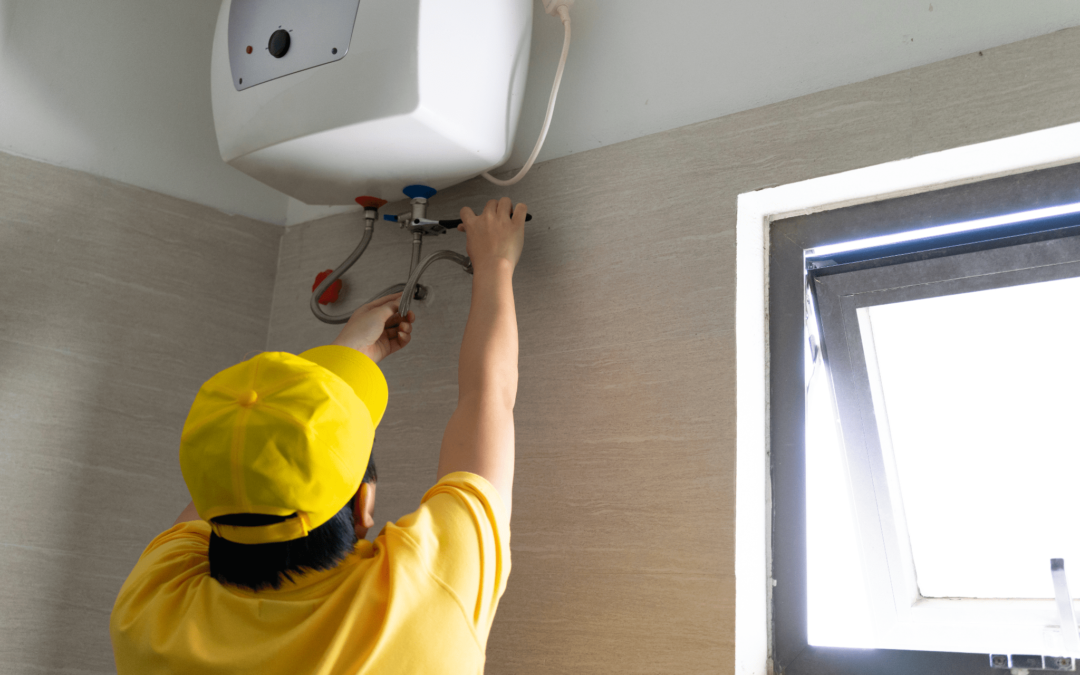When it comes to water heater installation, selecting the right location is crucial for both efficiency and convenience. The placement of your water heater can impact its performance, longevity, and your overall comfort. Here’s a guide to help you determine the best spot for your new water heater, ensuring it meets your needs and operates optimally.
1. Consider Accessibility
The first factor to consider is accessibility. Your water heater must be easily accessible for routine maintenance and emergency repairs. Choose a location that allows ample space around the unit for servicing. This means avoiding cramped or hard-to-reach areas like behind bulky storage or inside a closet packed with other items. If you can’t access the unit easily, you might delay necessary maintenance, which could lead to more significant problems.
2. Evaluate Ventilation Needs
Water heaters, especially gas models, require proper ventilation to operate safely. If you’re installing a gas-powered water heater, it’s essential to place it in a well-ventilated area to prevent dangerous gas buildup. Avoid locations like small closets or enclosed spaces that could restrict airflow. For electric models, ventilation is less of a concern, but ensuring the area is dry and moisture-free is still important to prevent electrical issues.
3. Proximity to Plumbing
The location of your water heater should be as close to the primary plumbing fixtures as possible. Placing the unit near areas with high water usage, such as bathrooms or the kitchen, can reduce the time it takes for hot water to reach the faucet, minimizing wait times and conserving energy. This also helps in reducing the amount of heat loss in the pipes, which can save you money on your utility bills.
4. Avoid Potential Hazards
Safety is a top priority when choosing a location for your water heater. Avoid placing the unit in areas prone to flooding or water damage, such as basements with a history of water issues. Additionally, ensure the location is not subject to extreme temperatures that could affect the water heater’s performance. For instance, placing the unit in an unheated garage could lead to freezing issues in colder climates.
5. Consider Noise Levels
Water heaters can produce noise during operation, which might be a concern if you prefer a quieter environment. If noise is an issue, consider placing the water heater away from living areas, such as a utility room or basement. This can help minimize disturbances and maintain a more peaceful living space.
6. Follow Building Codes and Regulations
Always check local building codes and regulations when selecting your water heater installation location. There may be specific requirements related to clearances, ventilation, and safety that you need to adhere to. Ensuring compliance with these codes promotes safety and can prevent costly fines or issues with your home’s insurance coverage.
7. Plan for Future Upgrades
Think about potential future upgrades or replacements when choosing your water heater location. If you plan to upgrade to a larger unit or switch to a different type of water heater, select a location that will accommodate these changes. This foresight can save you time and money on future installations.
Choosing the best location for your water heater installation involves balancing accessibility, safety, and efficiency. By considering these factors and planning, you can ensure that your water heater operates smoothly and serves your home effectively for years. Talk to the pros today to learn more about how you can get the most from your new water heater installation.

